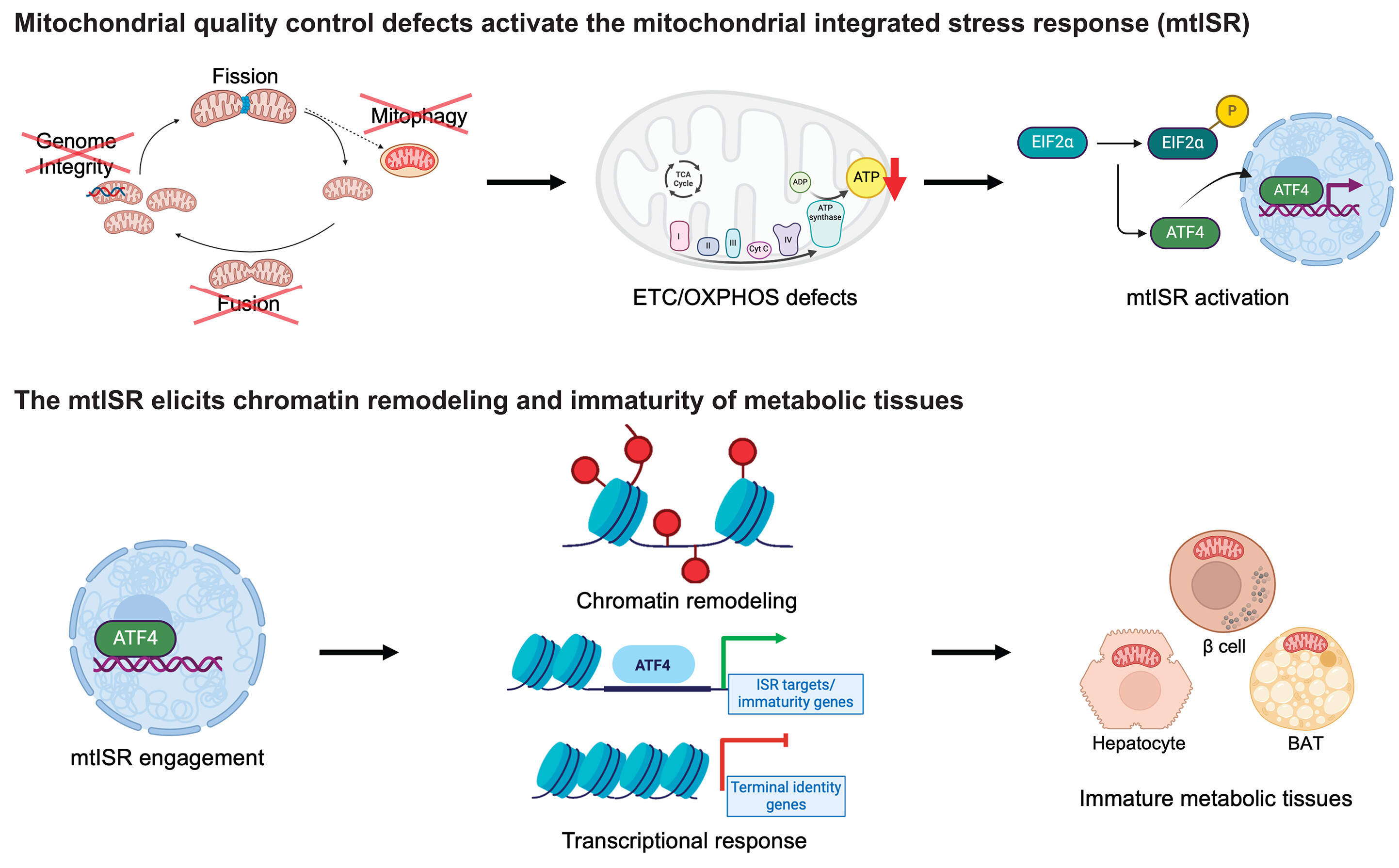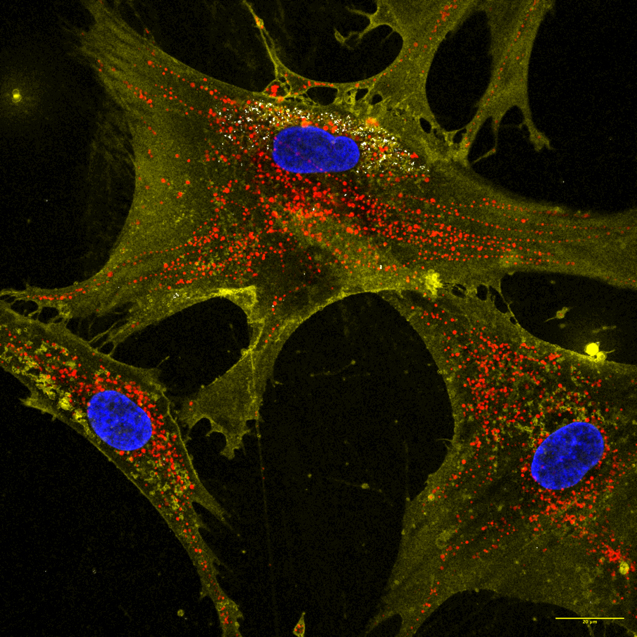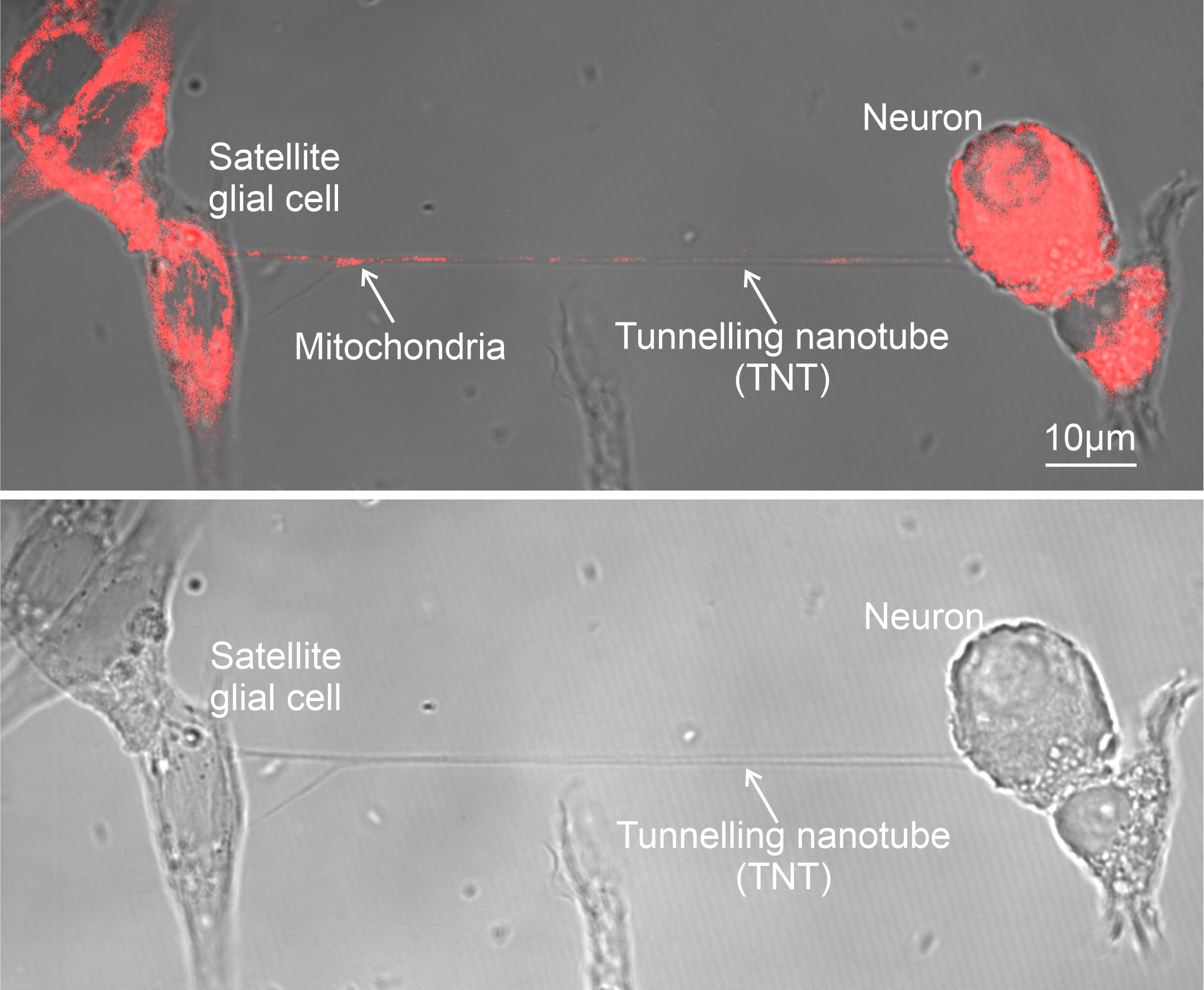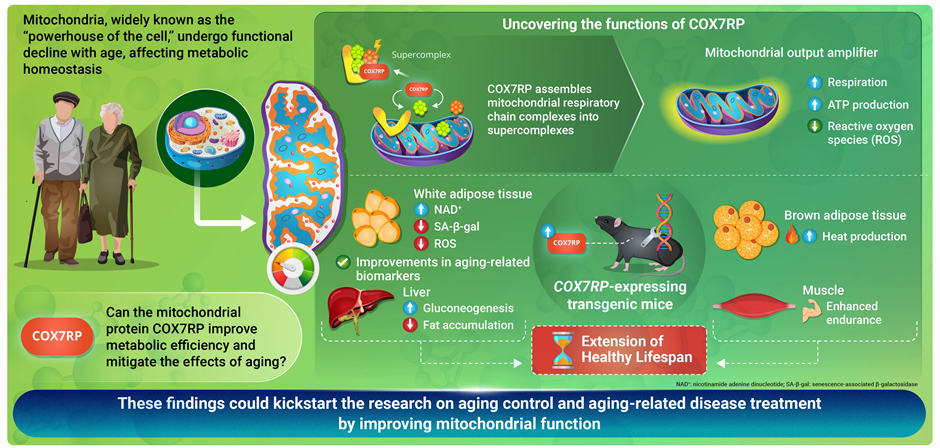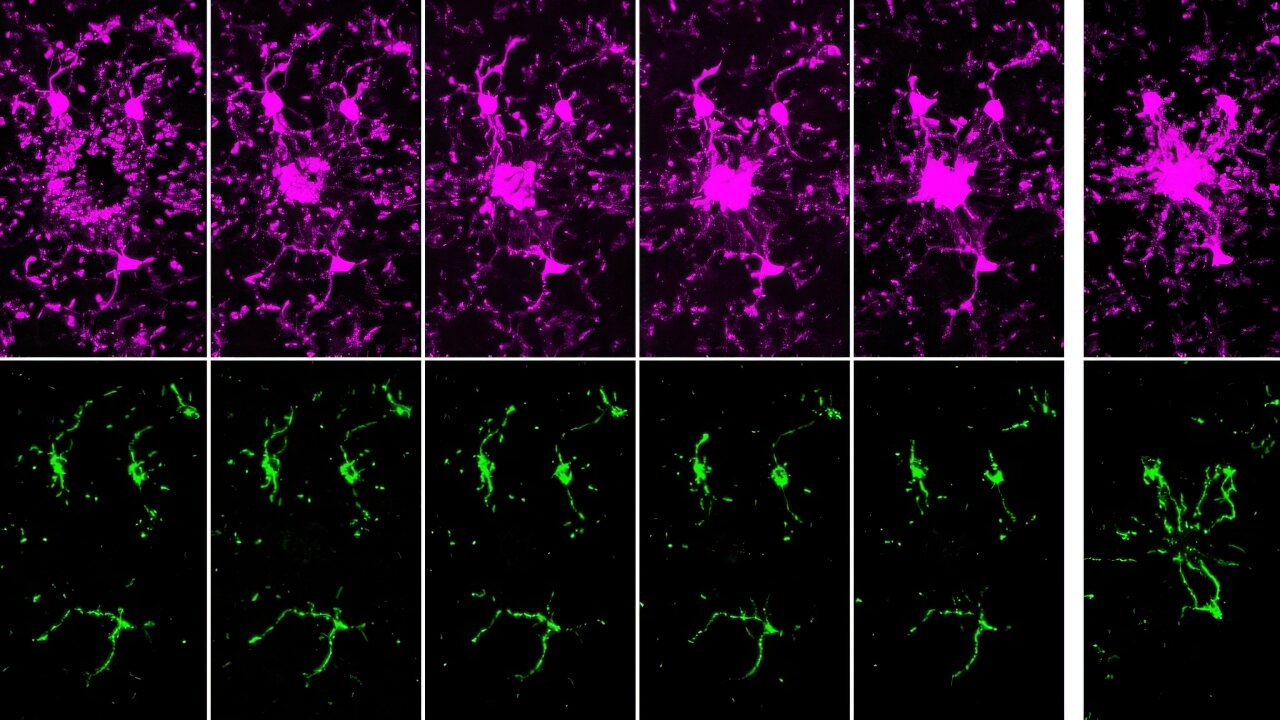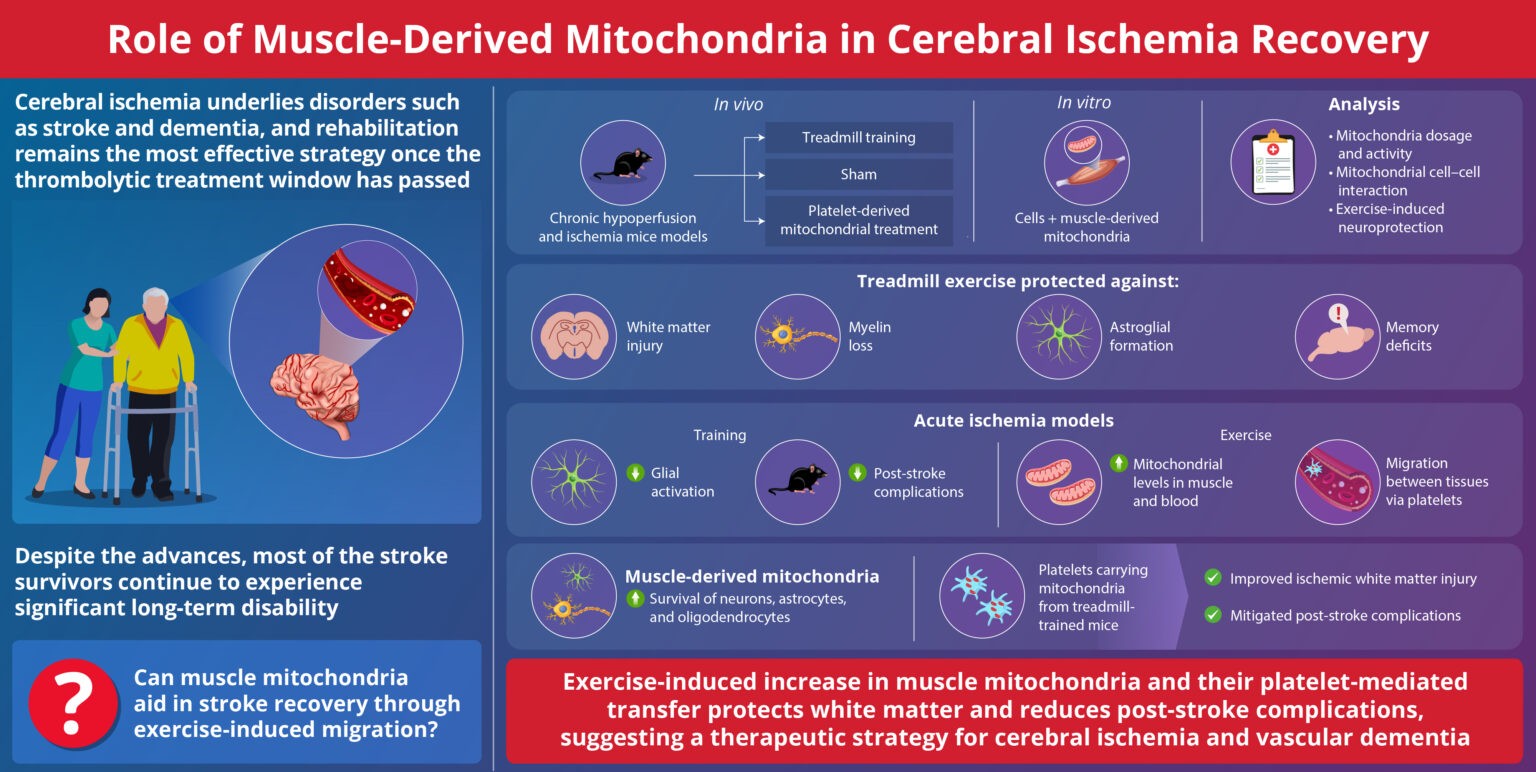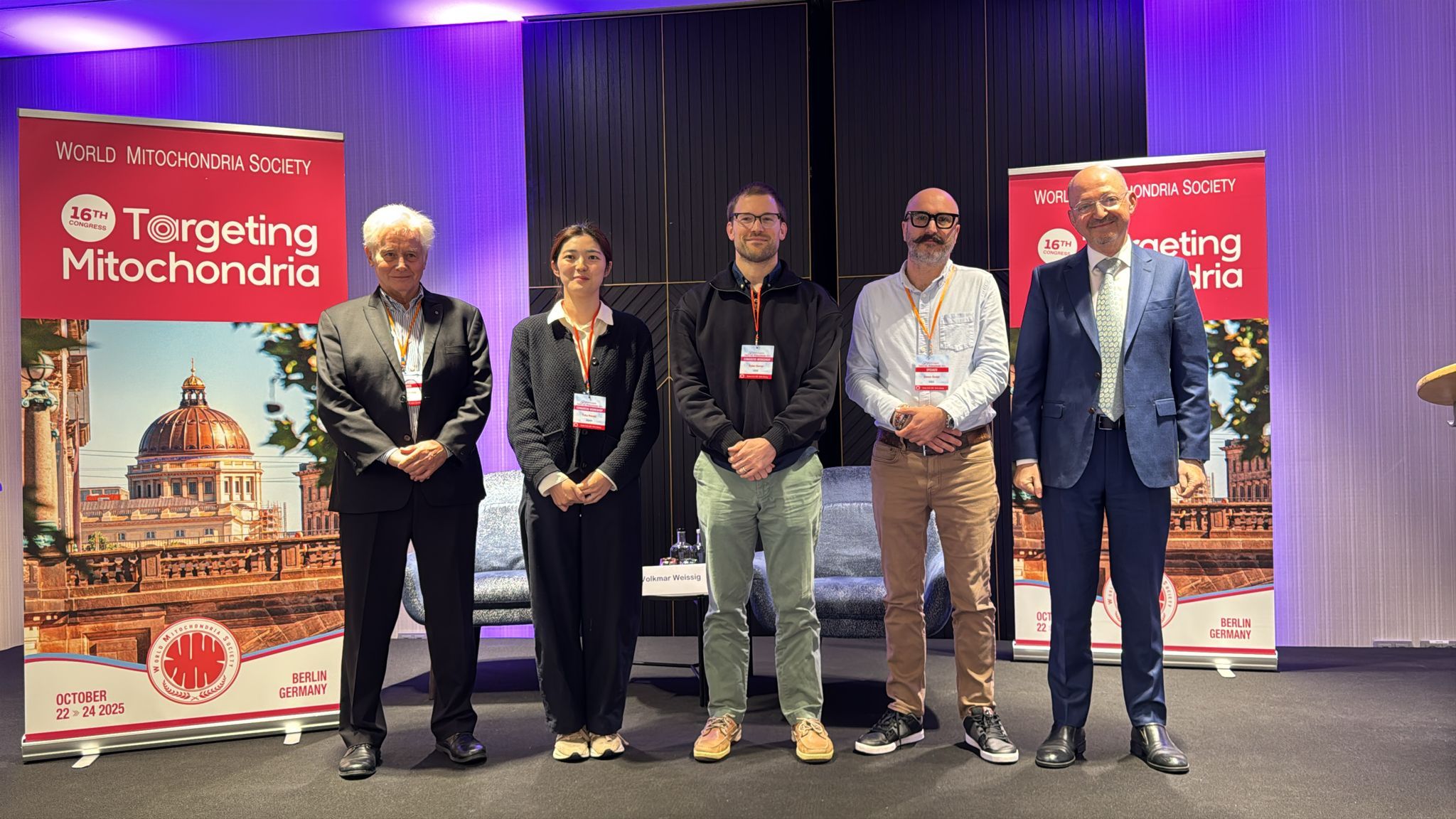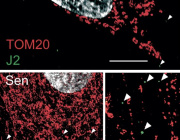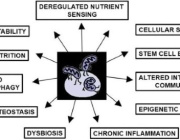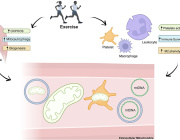Mitochondrial Copper Toxicity with a Focus on Wilson Disease

Prof. Hans Zischka from Institute of Molecular Toxicology and Pharmacology, Germany will present his team's research during the congress and will give a talk entitled "Mitochondrial Copper Toxicity with a Focus on Wilson Disease".
Summary of Talk: Wilson disease (WD) is a hereditary defect in the metabolism of copper. Here, the liver is unable to eliminate excess copper causing its accumulation primarily in liver and brain. In neurons and hepatocytes, a rising copper overload particularly damages their mitochondria. However, sometimes years pass before cell death occurs, suggesting the possible existence of intracellular protective mechanisms that can counteract such mitochondrial poisoning.
Therefore, we examined cell cultures from WD patients but also WD rodent models for their reaction to copper. We observed that the hepatocytes reacted to copper overload with an intensification of the mechanisms that support autophagy. Particularly, the copper-overloaded mitochondria are affected by this process (in this case called mitophagy). However, mitophagy helps only up to a certain level of copper overload and other treatments need to be employed to avoid cell death. Nevertheless, these results demonstrate the potential for cell regeneration resulting from auto-/mitophagy, which could also be relevant for other disorders that arise or are paralleled by cell-toxic metal accumulations.
For more information: https://targeting-mitochondria.com









